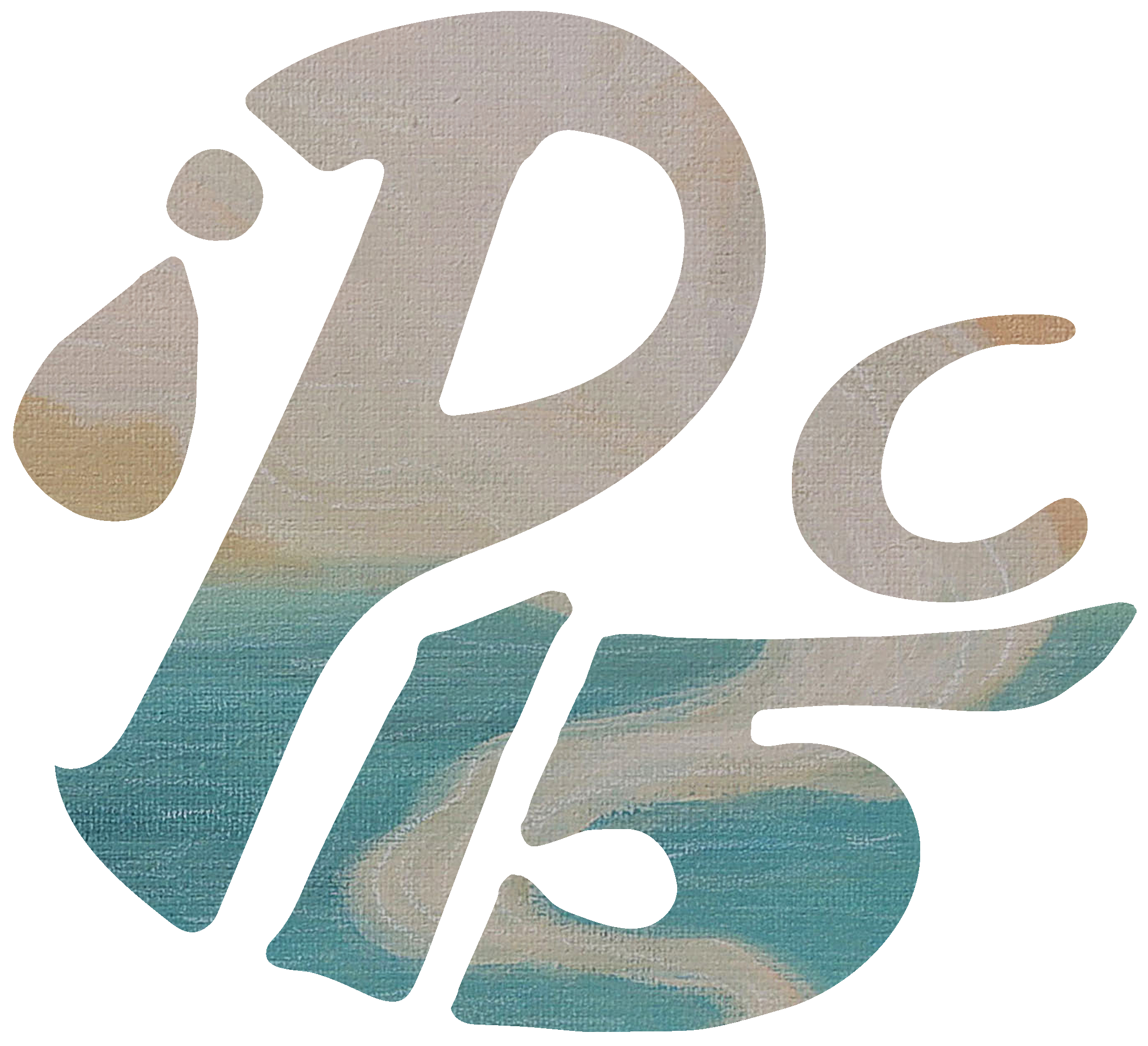IPC15 See you in Taiwan
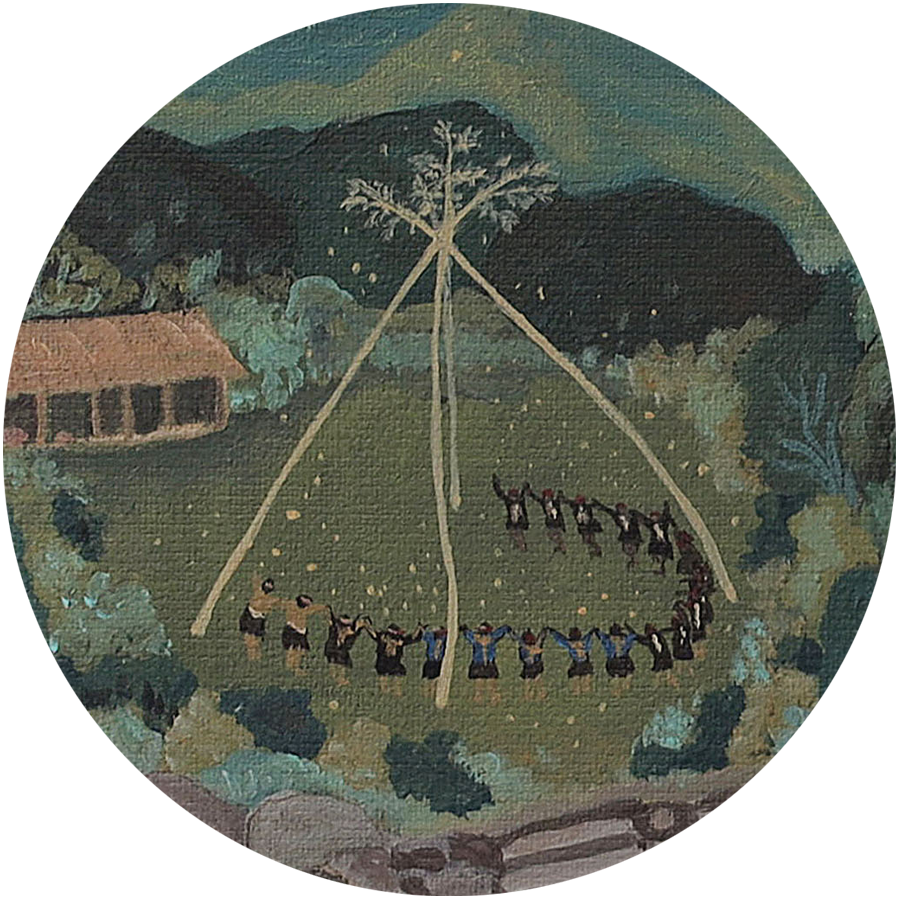
IPC 15 Goals
- Enhance myceliation of permaculture into the wider world.
- Explore ways permaculture design in urban and rural settings can co-evolve to face overshoot consequences and climate chaos.
- Envision how permaculture can help the world in crisis at the community level through resilient design and regenerative strategies.
- Sharing knowledge and experiences of practicing permaculture.
- Co-creating a fun and loving IPC which manifest permaculture ethics and principles
IPC 15 Host
Earth Passengers is the first organization to introduce permaculture to Taiwan with over 20 years of practical experience in permaculture design and education and has brought Permaculture into the non-formal (grassroots, communities, outdoor education) and formal education (K-12) settings.
Earth Passengers was initiated by Hui-I Chiang and Peter Morehead in 1997 with a focus on environmental education in Taiwan. After Peter completed a permaculture design course in Tyalgum, Australia in 1999, they began to blend the philosophy and principles of Permaculture in our educational programs and projects. In 2008, Earth Passengers invited Australian Permaculture pioneer Robyn Francis to hold Taiwan’s first Permaculture Design Course (PDC). Since then they have worked with international Permaculture teachers including Darren Doherty, Tom Ward, Joel Glanzberg and Jude Hobbs, and held 34 PDCs and hundreds of short courses during the past 16 years.
Through offering a spectrum of courses, from introductory classes that provide a foundation in permaculture design to advanced courses for those seeking a deeper understanding of specific skills, and hands-on workshops, including self-sufficiency training in energy design (solar cooking, passive solar design, fire efficiency), water design (landscape and household rainwater harvesting), soil remediation and natural building, Earth Passengers have introduced the permaculture design concept to thousands of people from diverse background in formal and non-formal education systems. They have also trained other permaculture trainers and have built a strong network of students and colleagues in Taiwan, Hong Kong and China.
As Permaculture educators, Hui-i and Peter extend their expertise to designing sustainable homesteads, urban regenerative design, green roofs, energy-efficient spaces, and holistic site development. Together with their colleagues, they are dedicated to promoting regenerative lifestyles guided by permaculture principles in the Chinese speaking world and in their local bio-region as well. Their work encompasses a wide range of actions designed to educate, inspire and implement regenerative practices in the community level, including initiating East Coast Local Currency Project (Mi-bi). They are also committed to sharing knowledge through books, articles, educational resources, tools, and various media formats. Earth Passengers offer internship opportunities and host farm experiences to students of all ages.
Earth Passengers have experience working with foreign environmental organizations and permaculture teachers. During the past 20 years they have hold international environmental seminars with environmental educators from the USA, including 2 Environmental Education Leadership Conferences, K-12 Energy Education Program seminars throughout Taiwan, an international environmental art contest and exhibition. Earth Passengers has published the following books in local language:
‘Design for Life’ ~ Taiwan’s first book introducing permacultureby Peter Morehead and Hui-I Chiang, 2010
‘Earth User’s Guide to Permaculture’ by Rosemary Morrow, 2011
‘Permaculture-Principles and Pathways beyond Sustainability’ by David Holmgren
‘Earth Restorer’s Guide to Permaculture’ by Rosemary Morrow, 2024
After attending International Permaculture Convergences (IPC) in Cuba and India, in 2017 Hui-I Chiang applied to host the 15th International Permaculture Convergence. With the assistance of dozens of enthusiastic local volunteers we have formed ten working groups to coordinate all aspects of this event. Guided by permaculture ethics and principles, our IPC15 team is committed to organizing an environment-friendly, zero-waste international Permaculture community gathering.
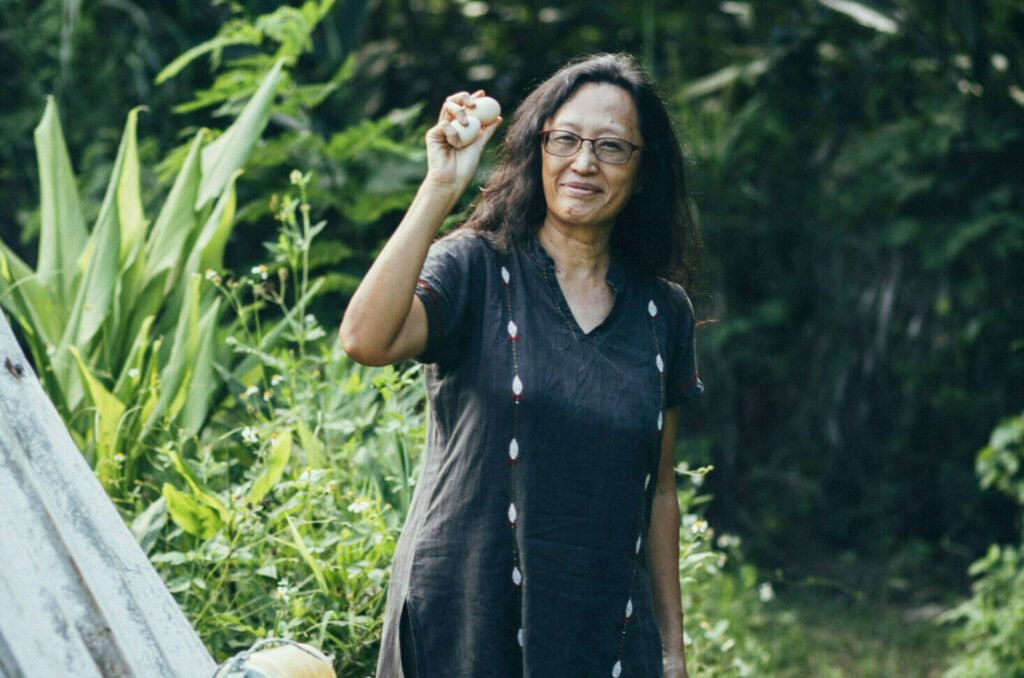
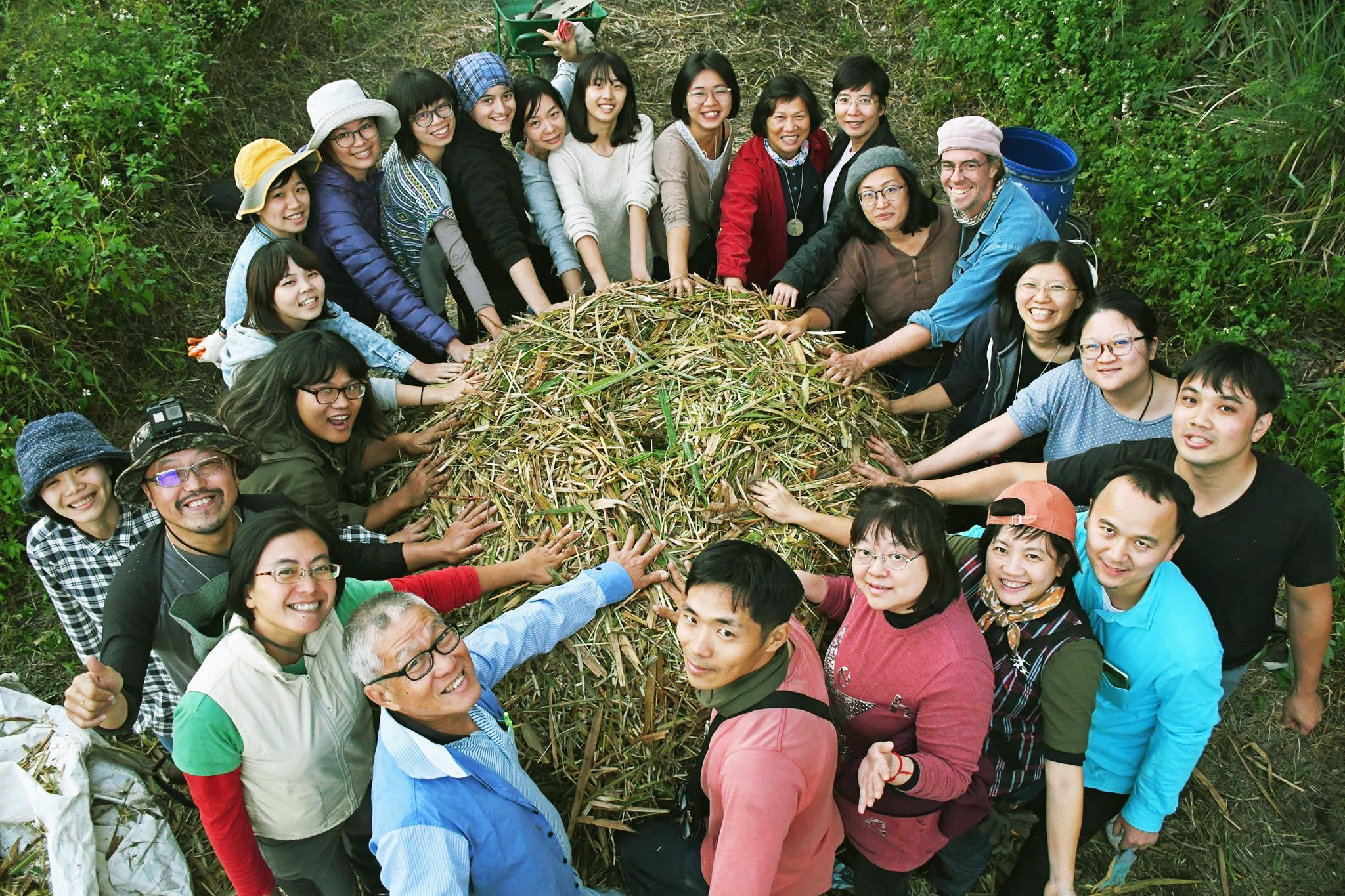
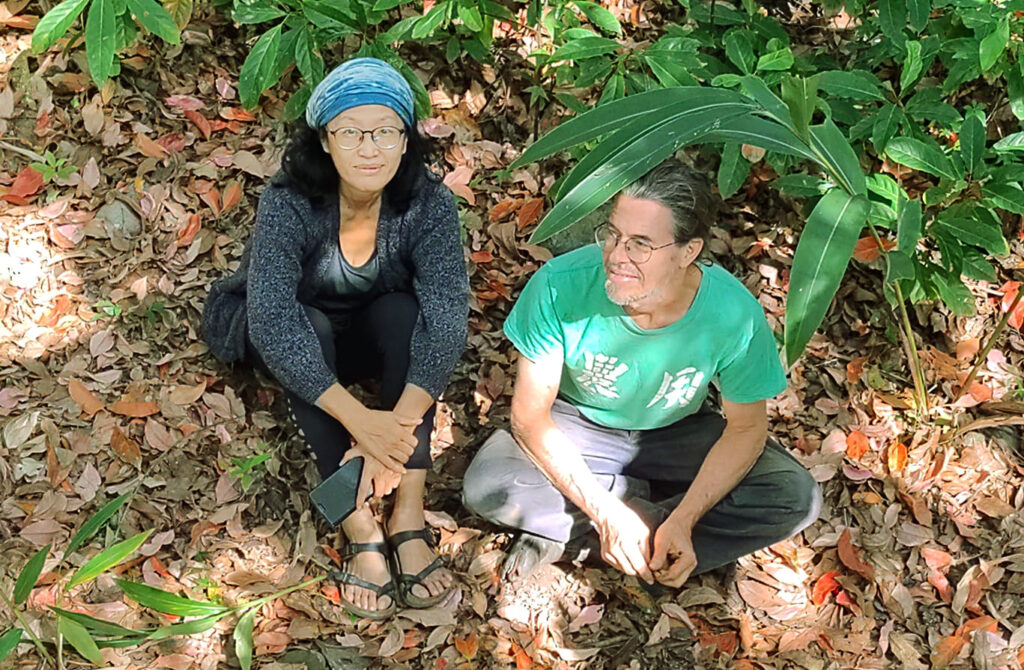
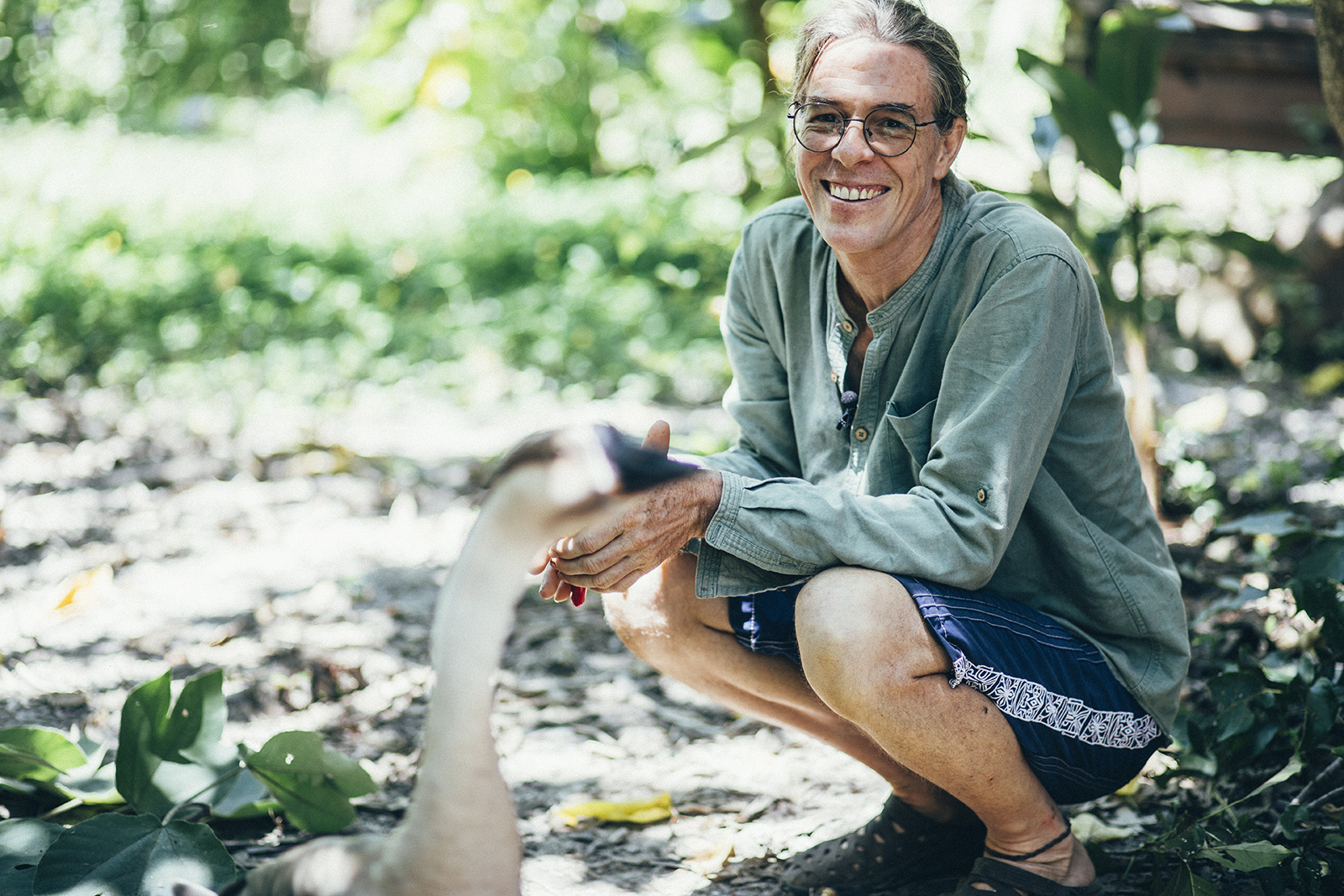
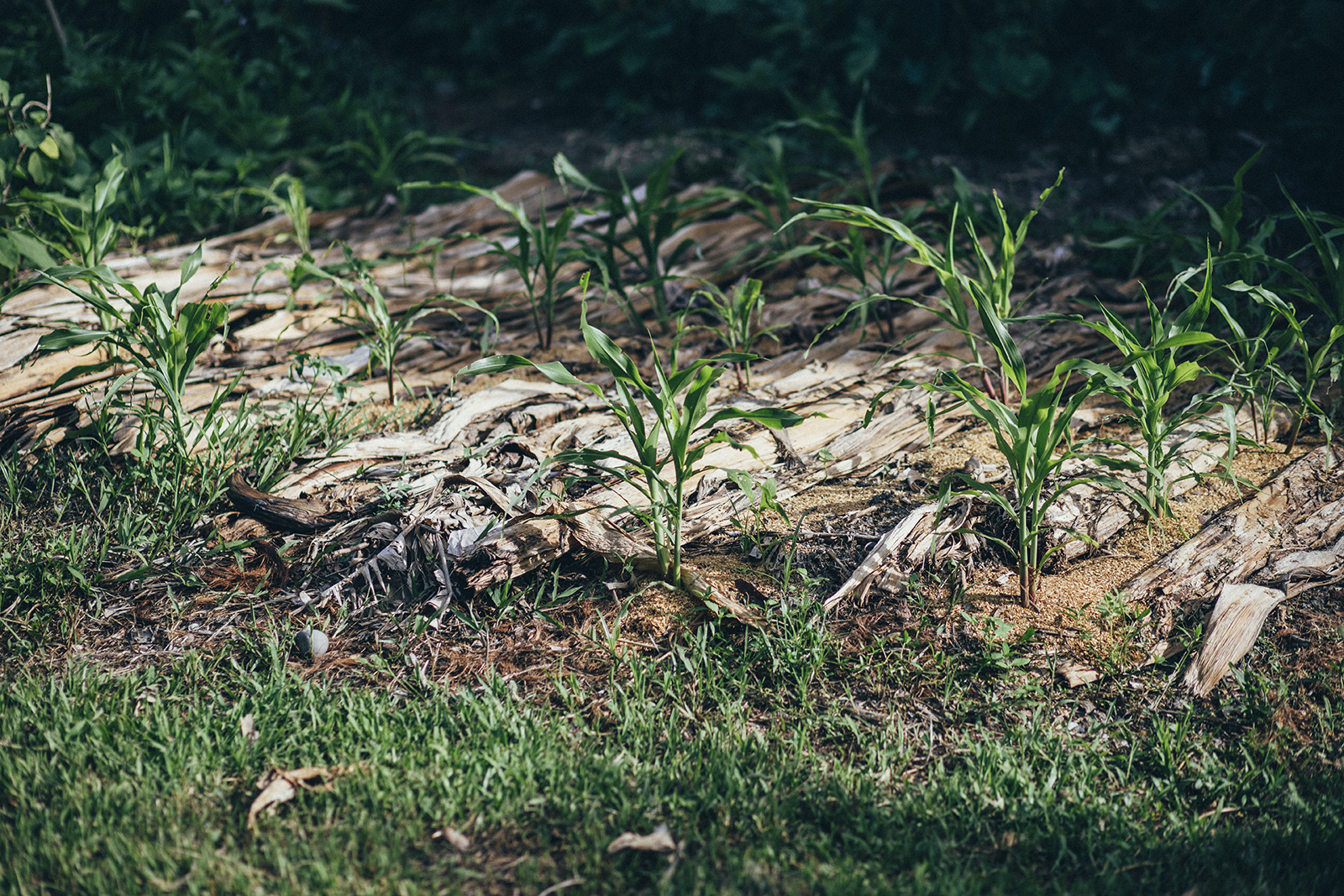
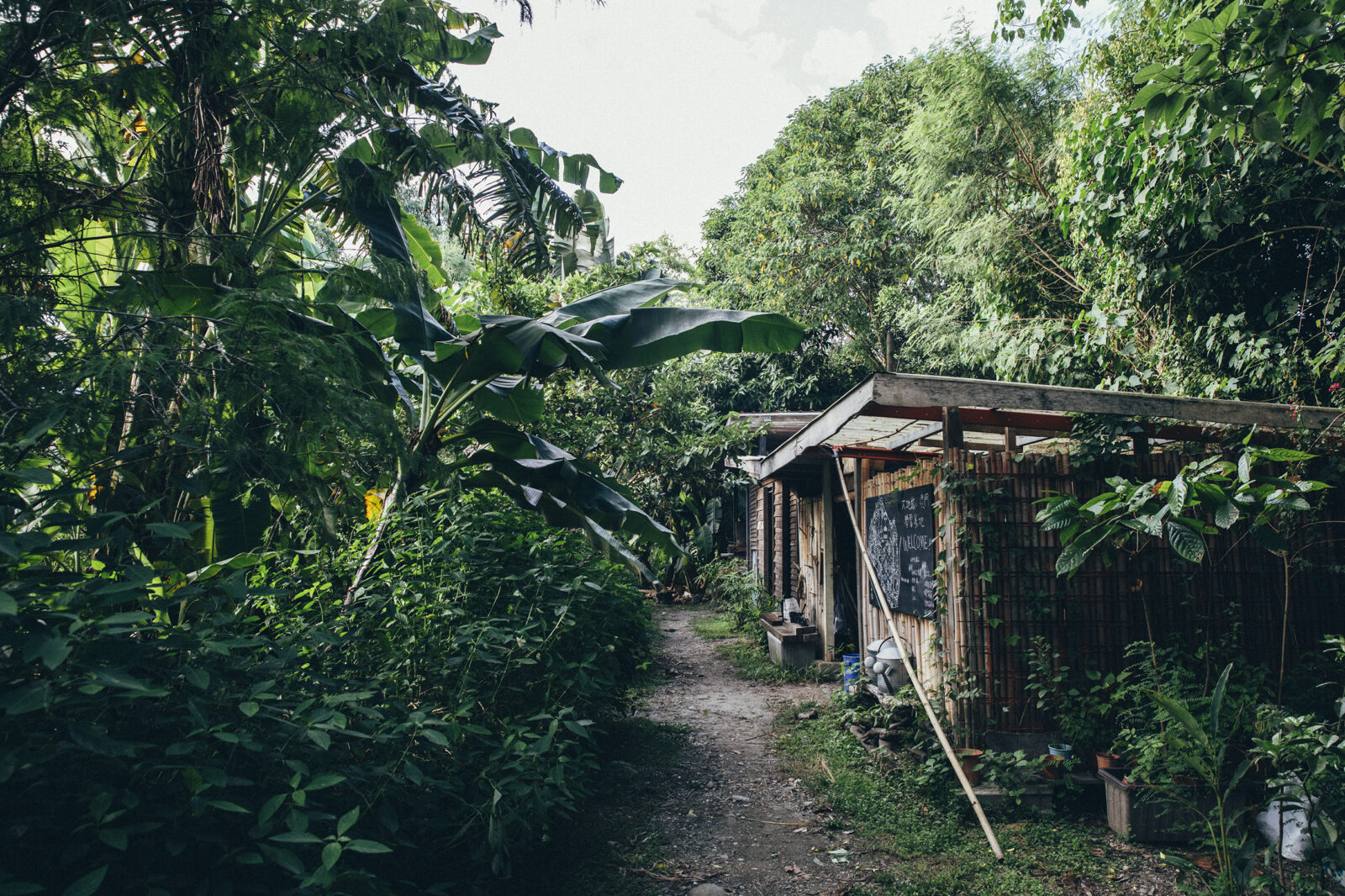
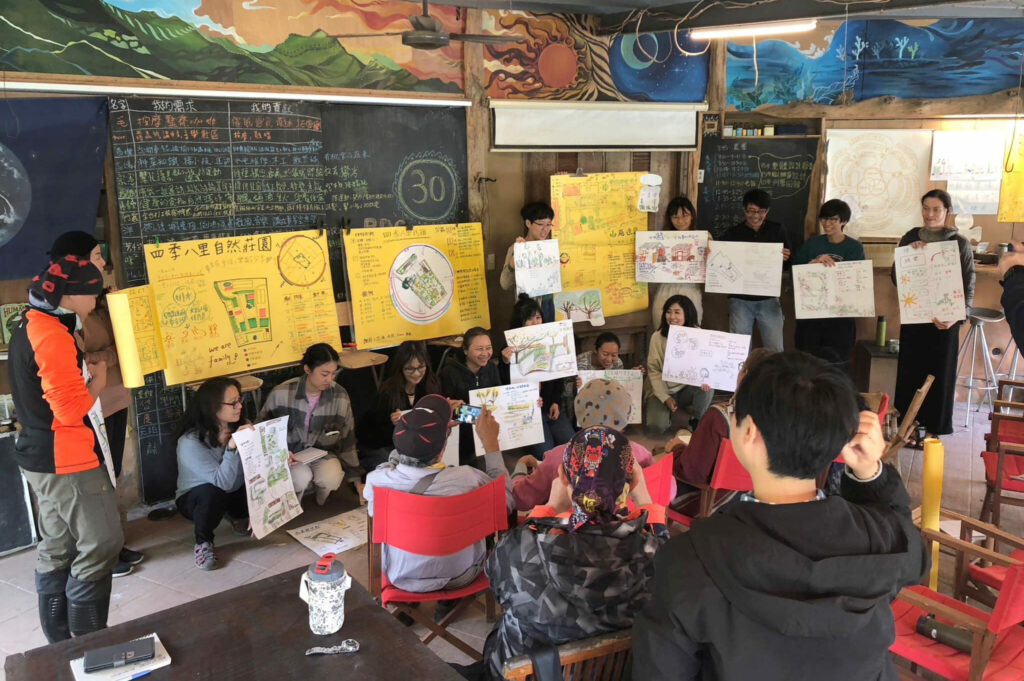
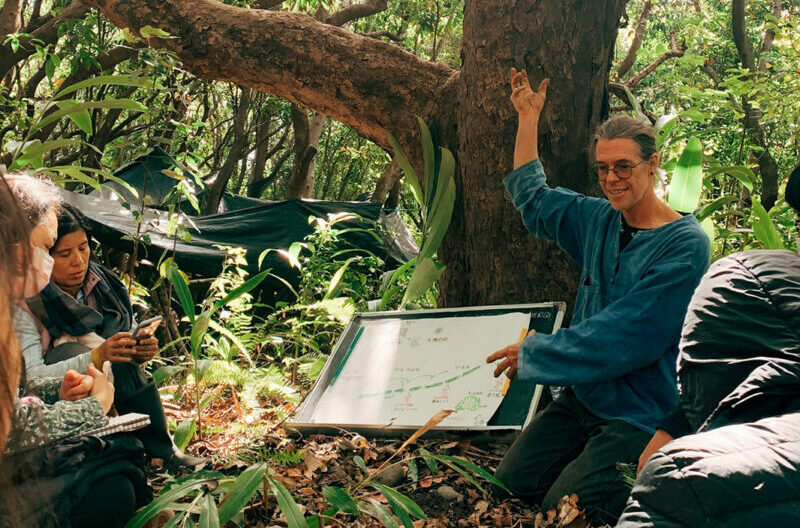
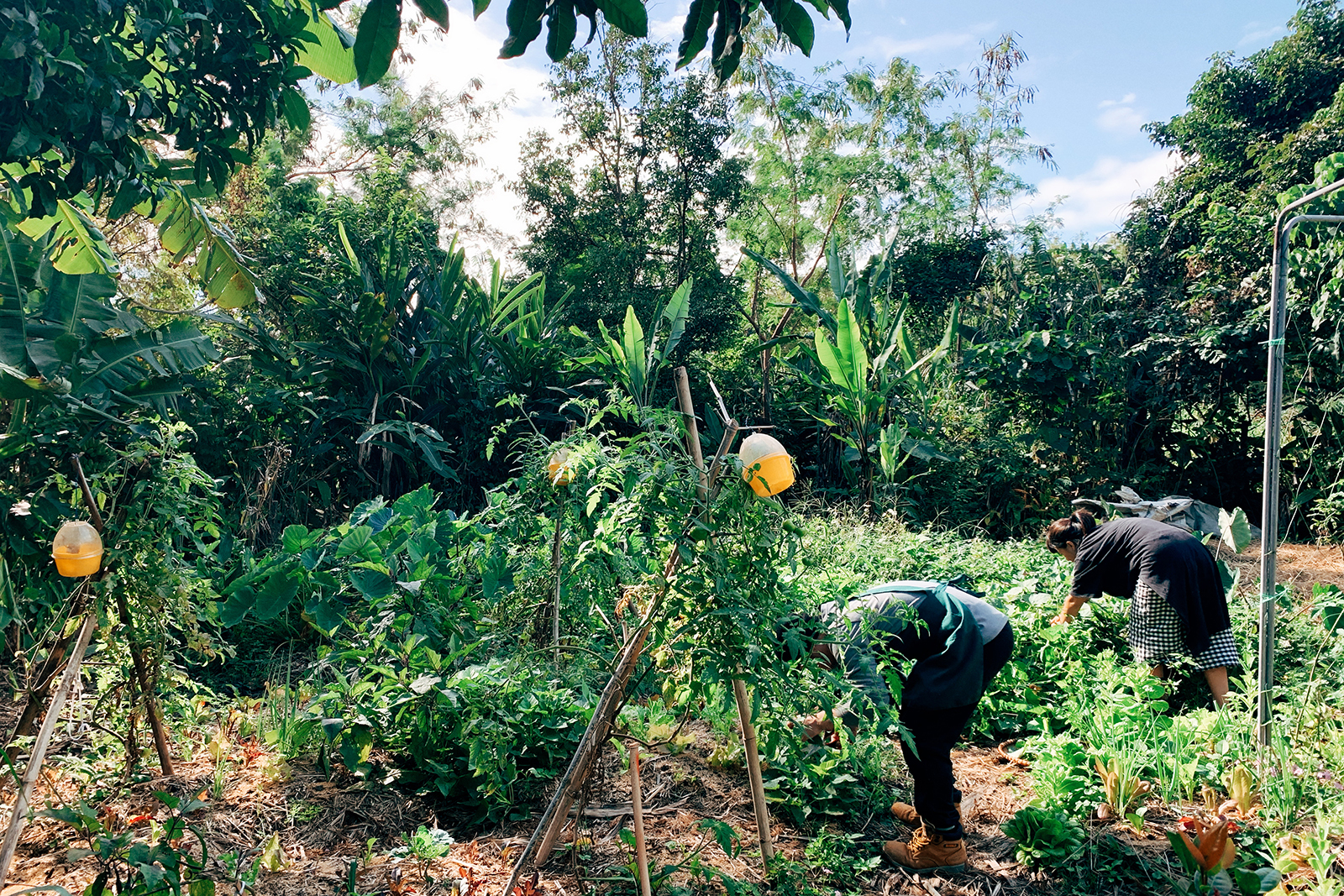
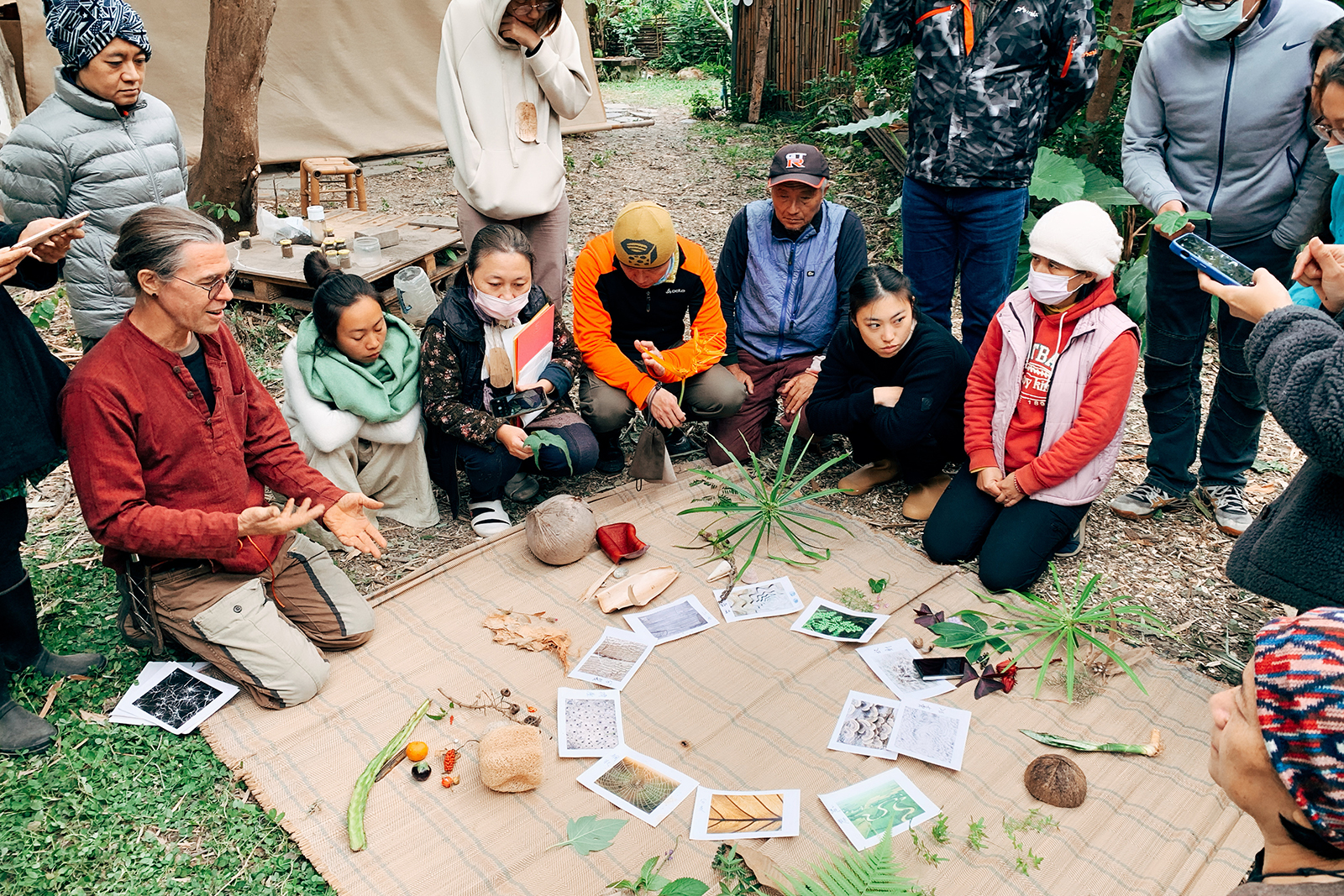
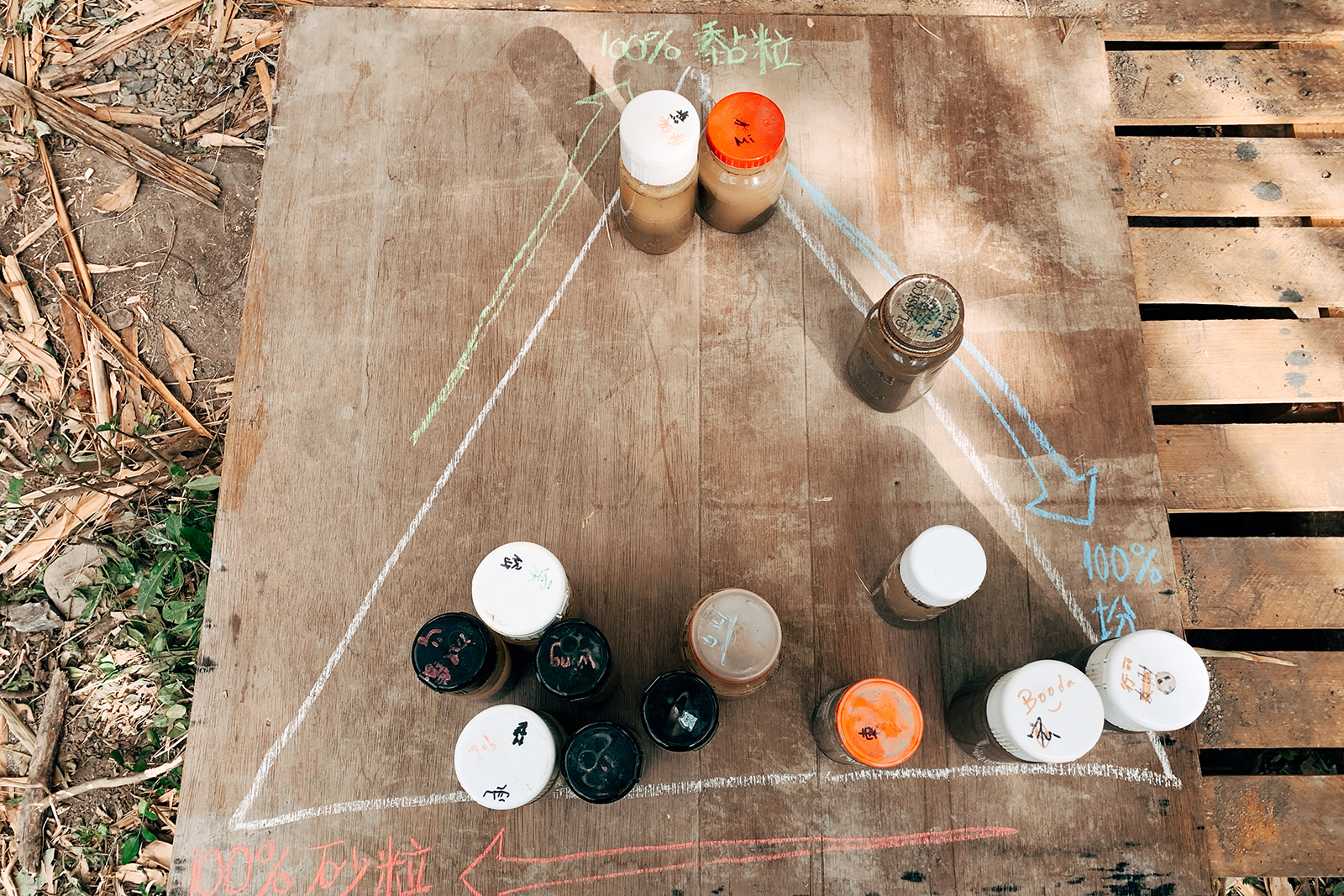
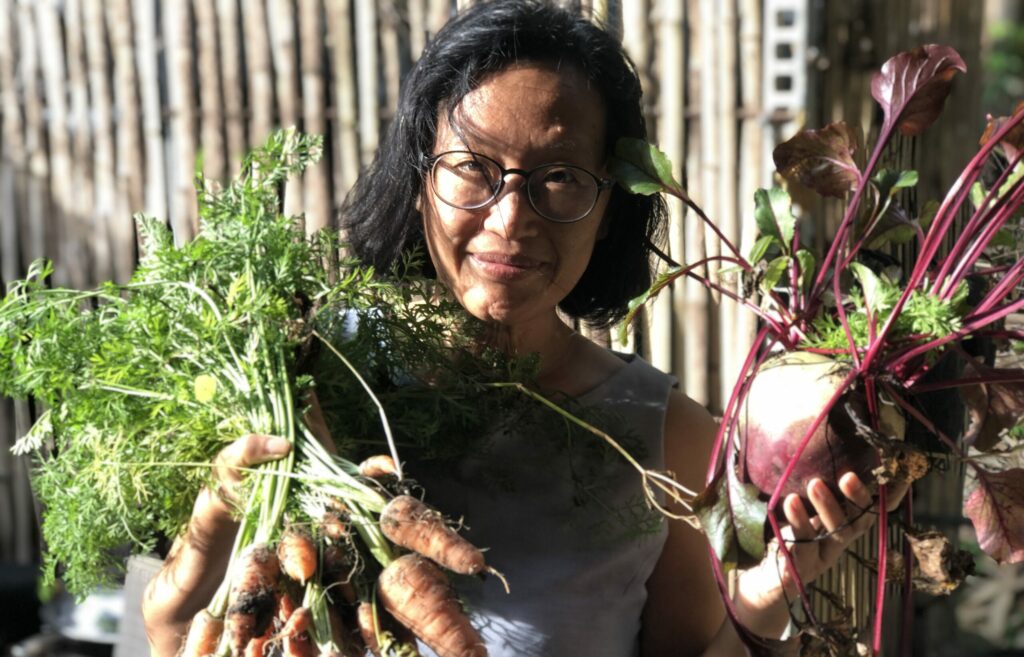
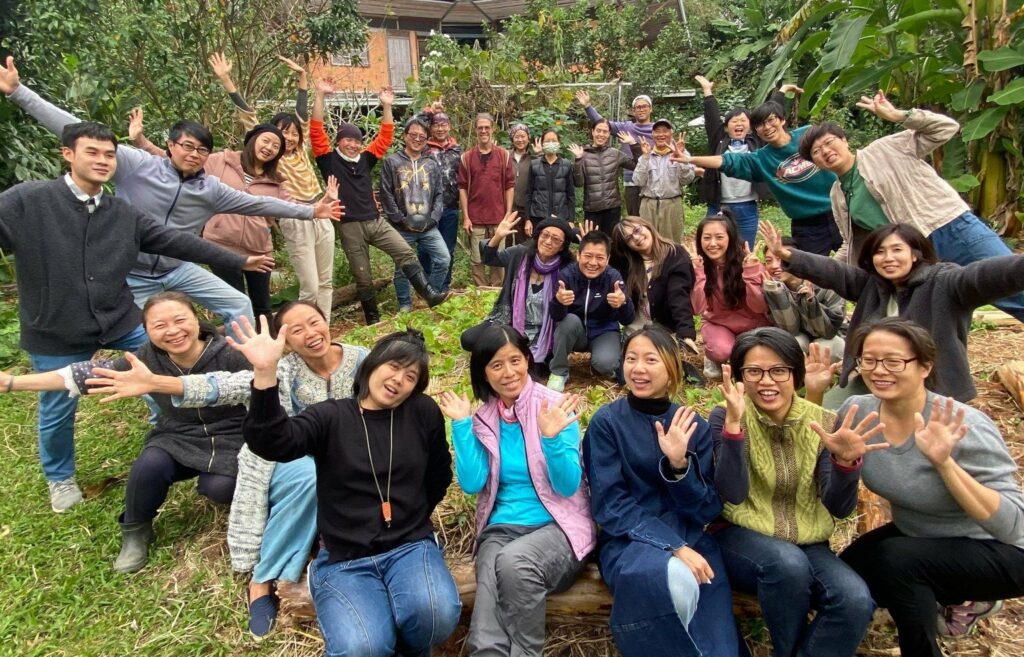
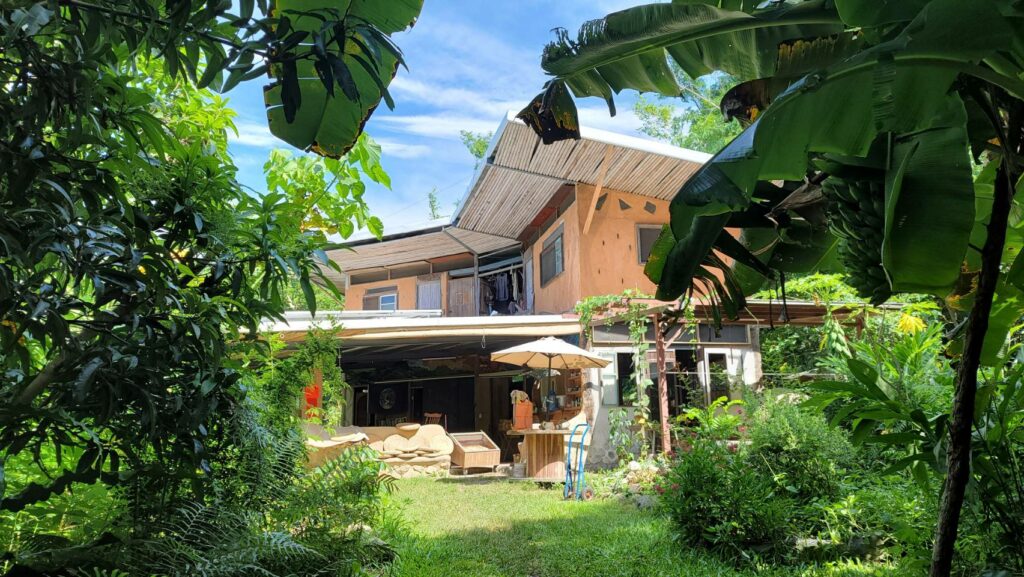
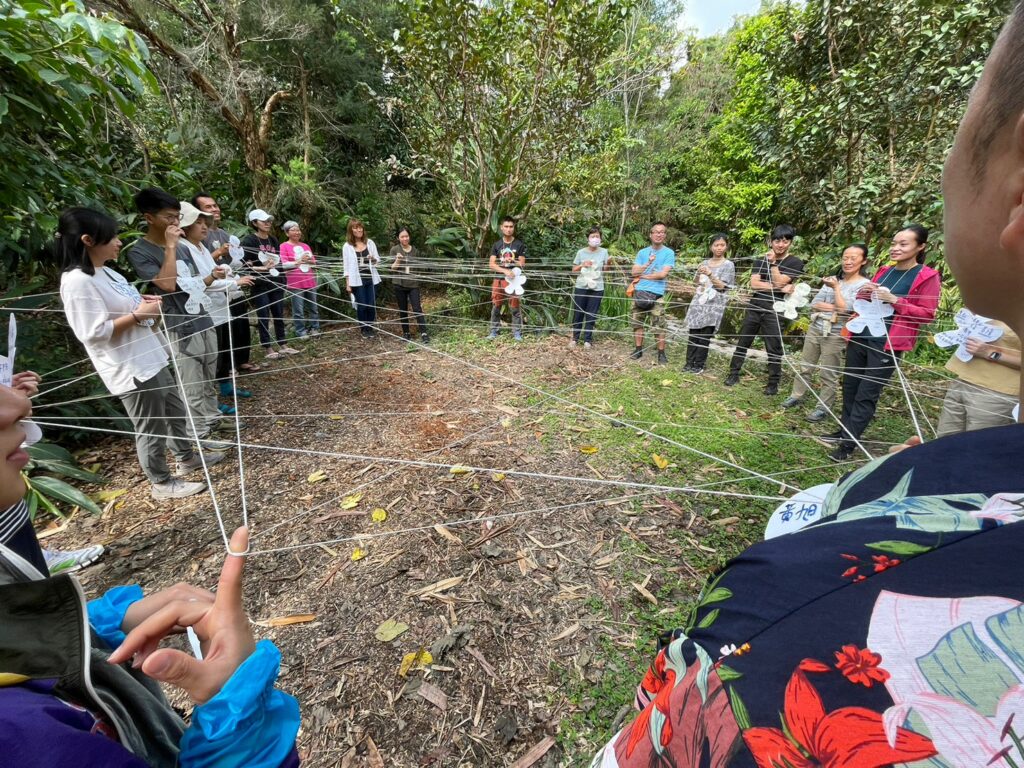

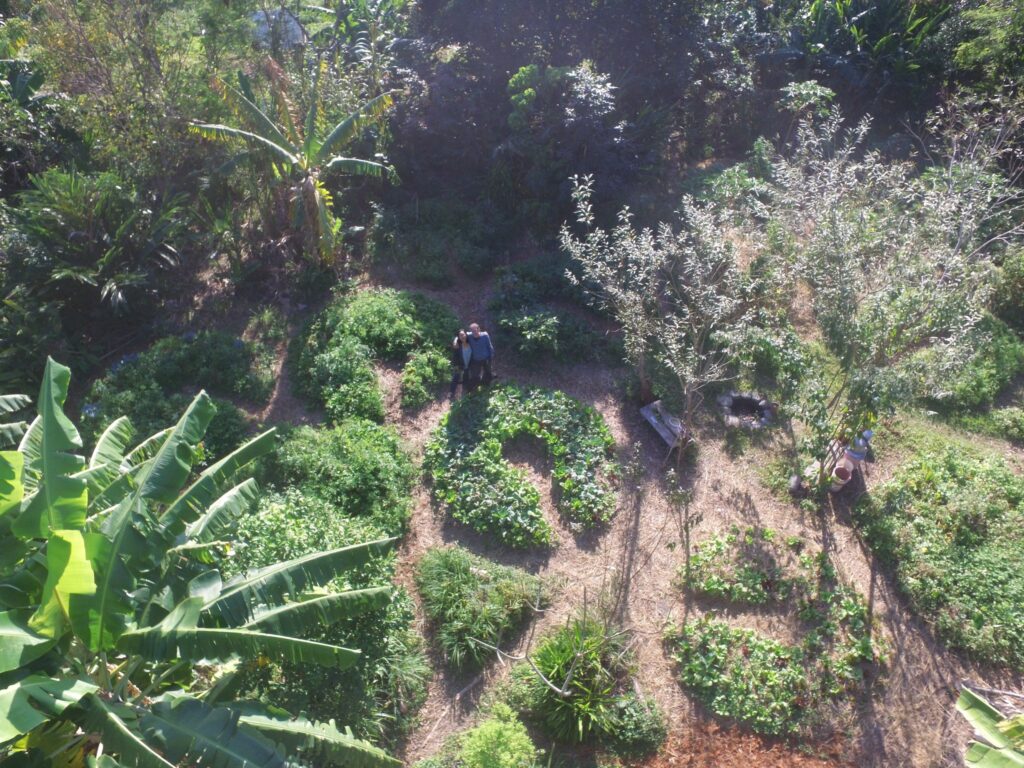
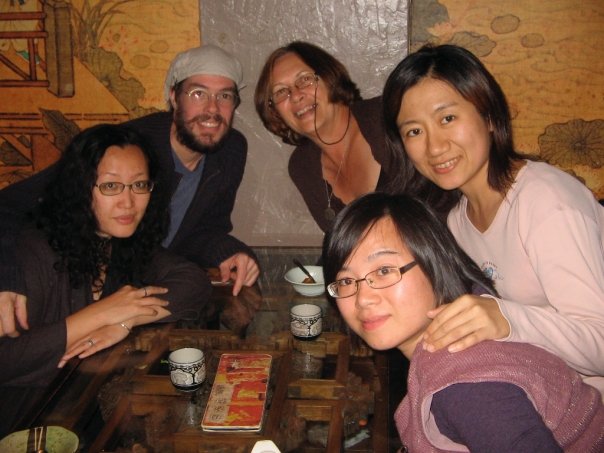
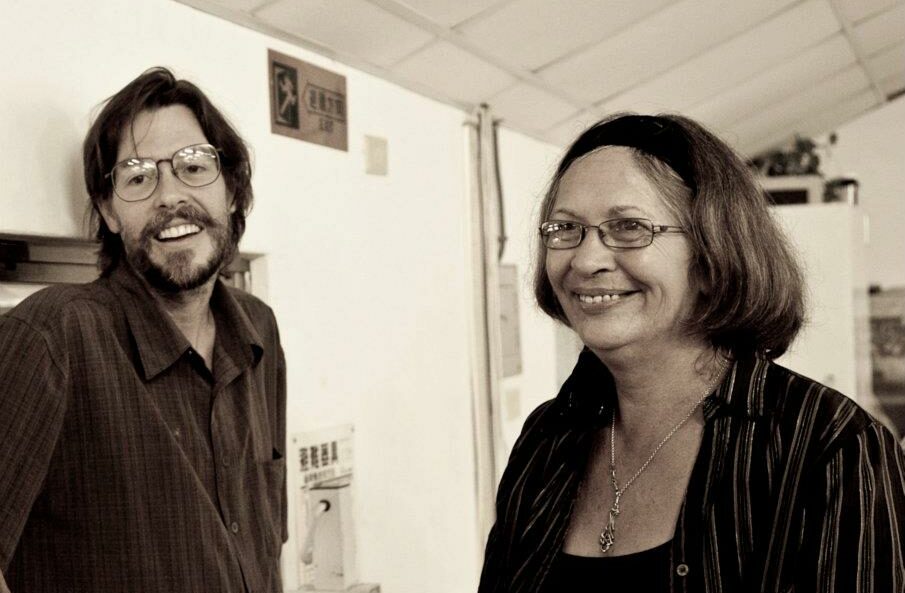
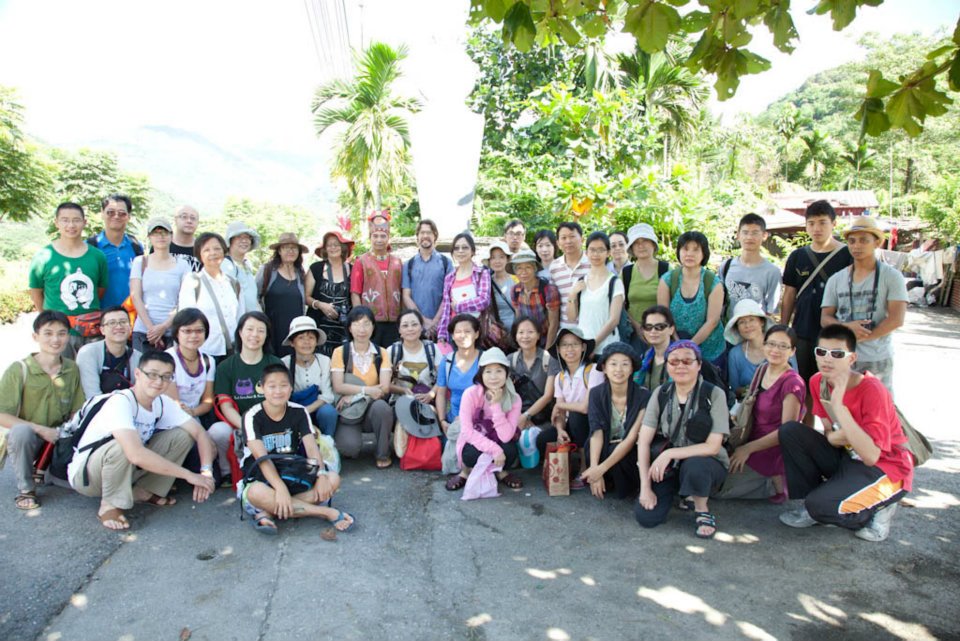
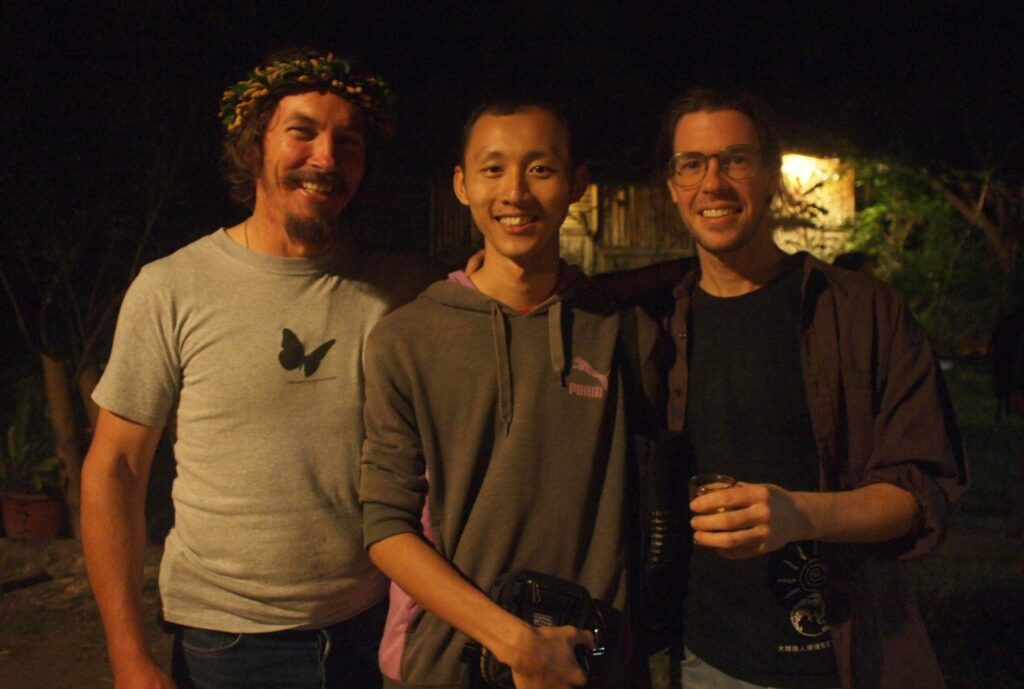
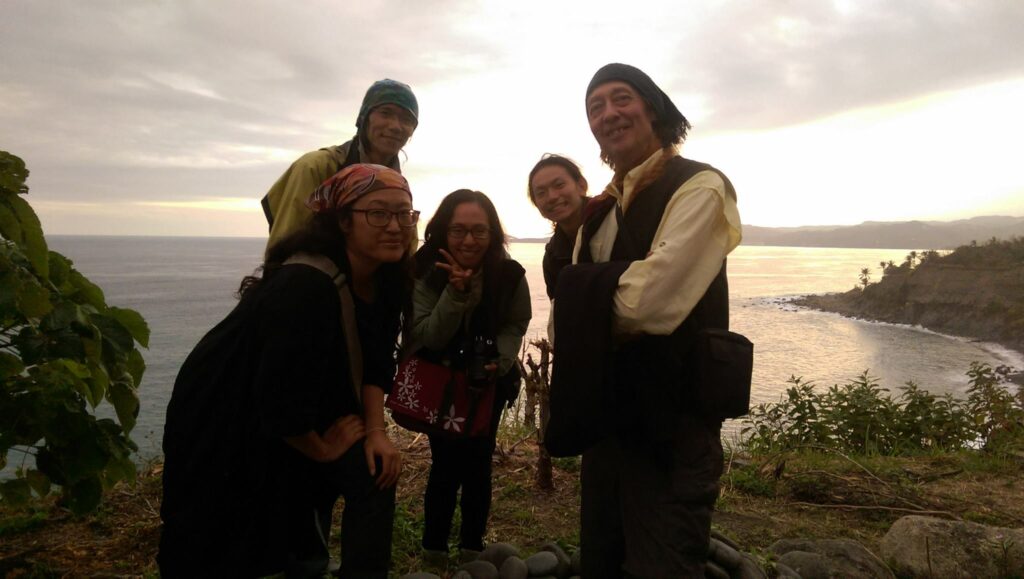
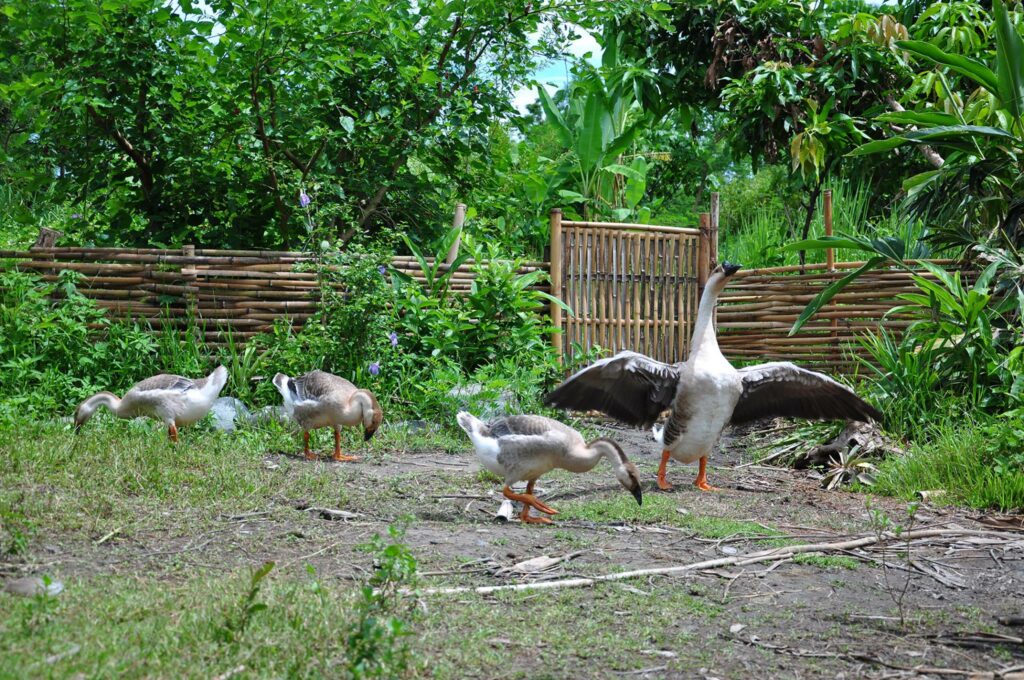
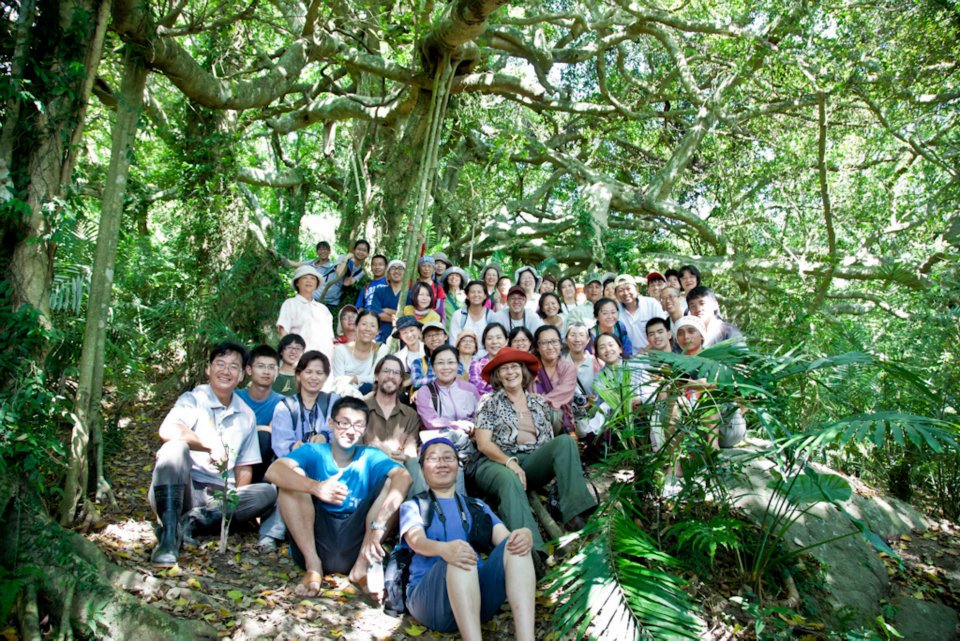
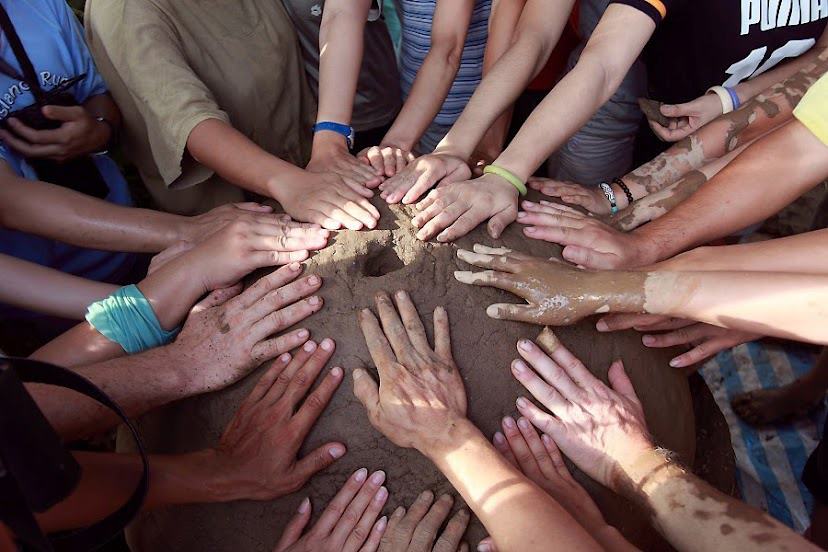
About IPC 15
‘Permaculture could be better described as a design system for resilient living and land use based on universal ethics and ecological design principles. Although the primary focus of permaculture has been the redesign of gardening, farming, animal husbandry and forestry, the same ethics and principles apply to design of buildings, tools and technology.
Applying permaculture ethics and principles in our gardens and homes inevitably leads us towards redesigning our ways of living so as to be more in tune with local surpluses and limits.
Permaculture is also a global movement of individuals, groups and networks working to create the world we want, by providing for our needs and organising our lives in harmony with nature. The movement is active in the most privileged and the most destitute communities and countries. Permaculture may be Australia’s most significant export for humanity facing a world of limits.’
~ from David Holmgren’s latest book RetroSuburbia
IPCs started back in 1984 in Australia, and has become the key global meeting point for the international permaculture network. It is a place to have discussions in person about strategy, educational standards, research, and regional and global permaculture developments, as well as a platform to build connections leading to significant projects.
The IPCC helps advise the IPC hosts, manages the process of choosing the next IPC convener, and oversees the scholarship selection. MEMBERS & SUPPORTERS: Ayouba M Kamara (Liberia), John Nzira (Coordinator, South Africa), Nicole Caran (Austria), Keri Chiveralls (Australia), Margarethe Holzer (Coordinator, Austria), Monica Ibacache (USA), Pavlo Ardanov (Ukraine), Maria Prieto (Spain), Rodolfo Sandoval (Venezuela), Supriya Gaddam (India), Tierra Martinez (Argentina), Wesley Rowe (USA), Xavier Bruzaud-Grille (Thailand). For more information on IPCC visit: http://internationalpermacultureconvergence.org
History of IPC
IPCs started back in 1984 in Australia, and has become the key global meeting point for the international permaculture network. It is a place to have discussions in person about strategy, educational standards, research, and regional and global permaculture developments, as well as a platform to build connections leading to significant projects.

IPC 1 – 1984
Rowlands, Australia.

IPC 2 – 1986
Breitenbush Hot Springs & Olympia, USA.
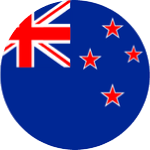
IPC 3 – 1988
Kaiwaka, New Zealand.

IPC 4 – 1991
Kathmandu & Biratnagar, Nepal.
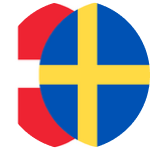
IPC 5 – 1993
Copenhagen, Denmark & Gerlesborg, Sweden.

IPC 6 – 1996
Perth, Australia.

IPC 7 – 2005
Motovum, Croatia.

IPC 8 – 2007
Pirenopoli & Sao Paulo, Brazil.

IPC 9 – 2009
Malawi.

IPC 10 – 2011
Jorden.

IPC 11 – 2013
Cuba.

IPC 12 – 2015
London, the UK.

IPC 13 – 2017
Hyderabad, India.

IPC 14 – 2020
Argentina.

IPC 15 – 2024
Taiwan.


